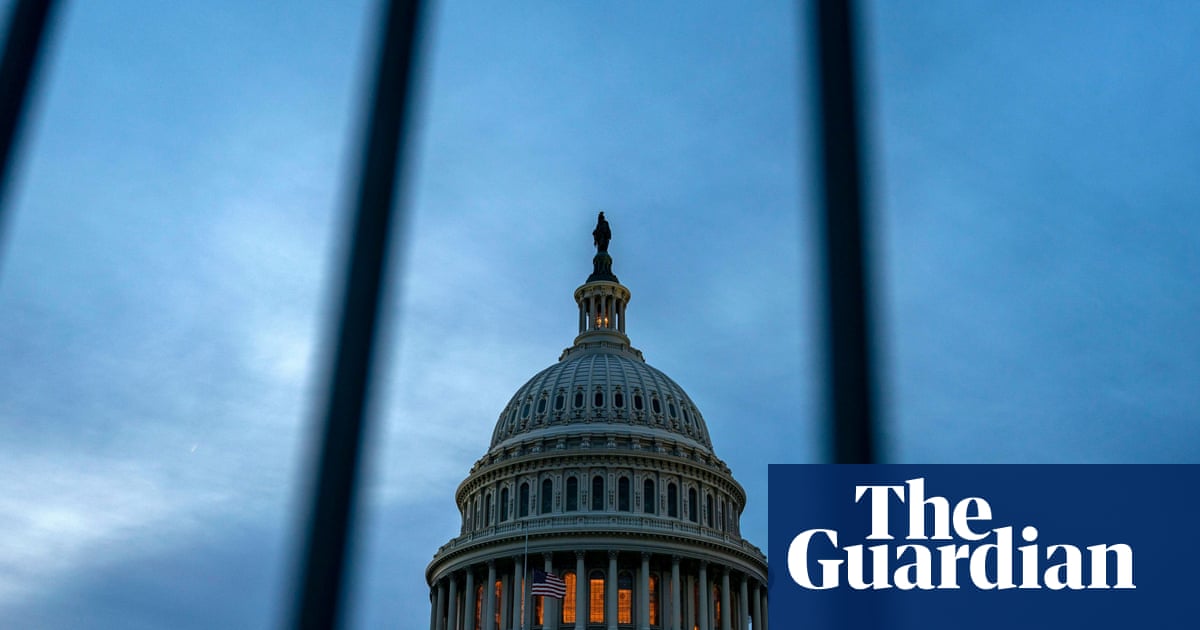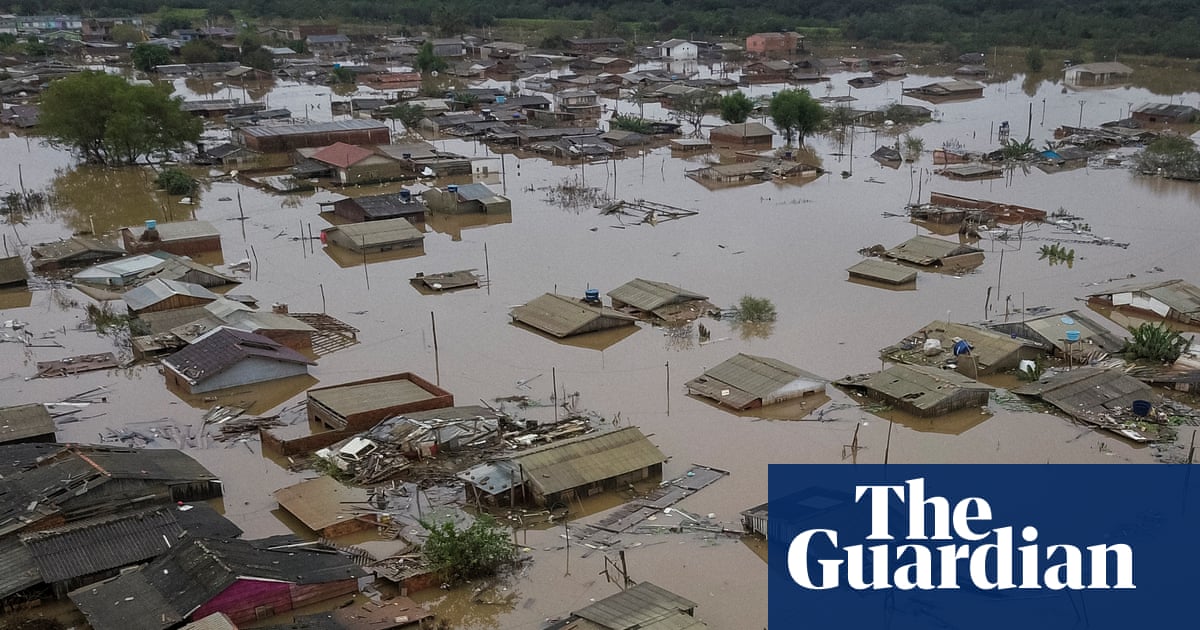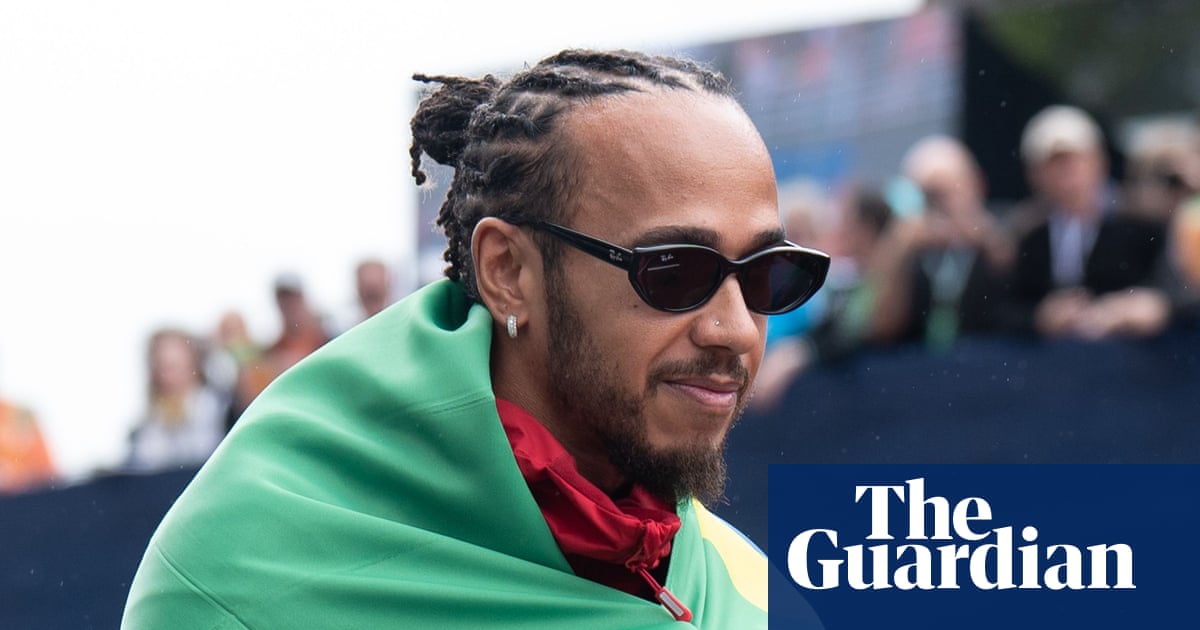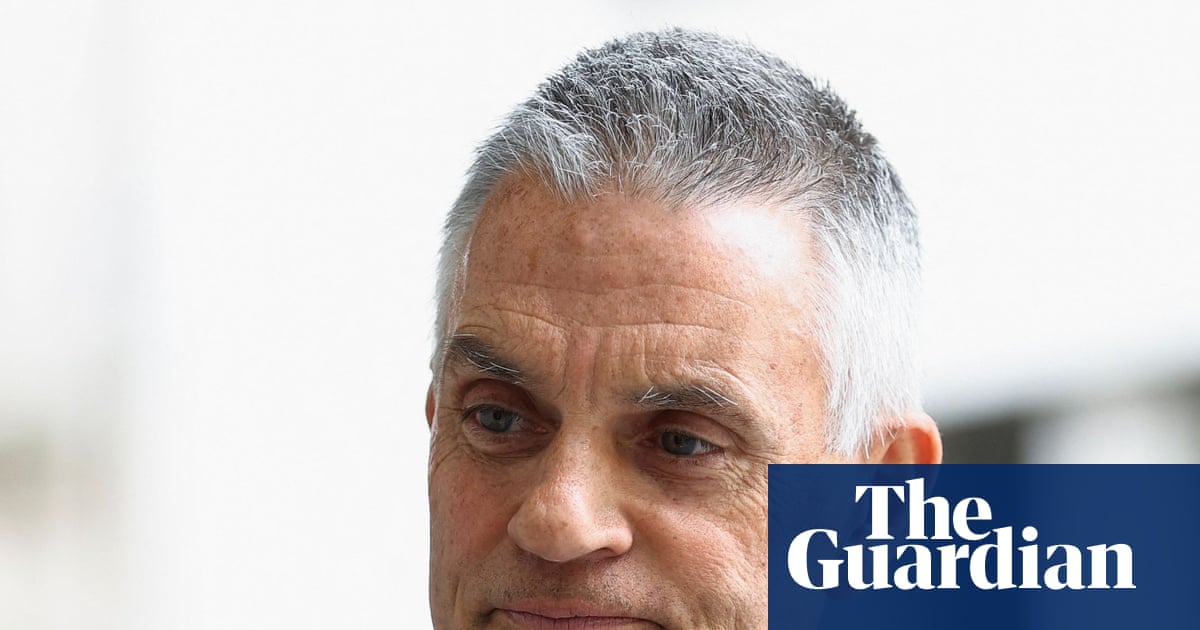Hundreds of combatants from the US, Europe and El Salvador will reportedly be deployed to Haiti in the coming weeks to battle the country’s gangs as part of a mission led by the controversial Blackwater founder and Donald Trump backer Erik Prince.
According to Reuters, Prince’s new security firm, Vectus Global – which has been operating in the violence-ravaged Caribbean country since March – is preparing to intensify its activities there to help authorities win key roads and territories back from heavily armed criminal groups.
“One key measure of success for me will be when you can drive from Port-au-Prince to [the northern city of] Cap-Haïtien in a thin-skinned [non-armoured] vehicle and not be stopped by gangs,” Prince, who said he had struck a 10-year deal with Haiti’s government, told the news agency. Under the agreement, Vectus will reportedly be given a role in Haiti’s tax-collection system.
Haiti’s capital has been largely cut off from the rest of the country since February 2024, when armed groups launched a joint offensive against the government, toppling the prime minister and commandeering virtually the whole city. According to the UN, more than 1,500 people were killed between April and July, mostly in Port-au-Prince. The majority were killed during security force operations and a third in drone strikes, which the government has started using to target armed groups.
A source familiar with Vectus’s Haiti operations told Reuters its deployment would include snipers, intelligence and communications specialists, helicopters and boats.
The use of private military contractors to fight Haitian crime groups has caused alarm among human rights advocates and observers, even if the security situation has become so dire that many Haitians have been calling for some form of foreign intervention.
“People are desperate for solutions, for help, for anything … People are willing to accept things they wouldn’t have been willing to accept not that long ago because of the desperation,” said Jake Johnston, the author of Aid State: Elite Panic, Disaster Capitalism, and the Battle to Control Haiti. “I can understand the level of trauma and desperation. But is this really a solution?” Johnston asked, predicting Vectus’s operation was unlikely to go well.
Johnson called the deployment another example of Haitian problems being “outsourced” to foreigners instead of strengthening Haitian institutions such as the police. “What kind of a message does [this use of private contractors] send to … domestic forces that are underresourced and feeling like they are not supported?”
Romain Le Cour, the head of the Haiti Observatory at the Global Initiative Against Transnational Organized Crime, called the move “a severe institutional setback” to Haitian police and the UN-backed security force sent there last year. Le Cour believed deploying foreign contractors would “deepen the strategic isolation” of Haiti’s police and the Kenya-led policing mission as they tried to regain control.
Prince’s group – which uses the slogan “we don’t just advise, we act” – has been working in Haiti since March. According to Reuters, it has been deploying drones in coordination with a taskforce led by the prime minister. “[But] after six months of deployment, gangs continue to hold strategic dominance,” Le Cour pointed out.

 2 months ago
70
2 months ago
70

















































